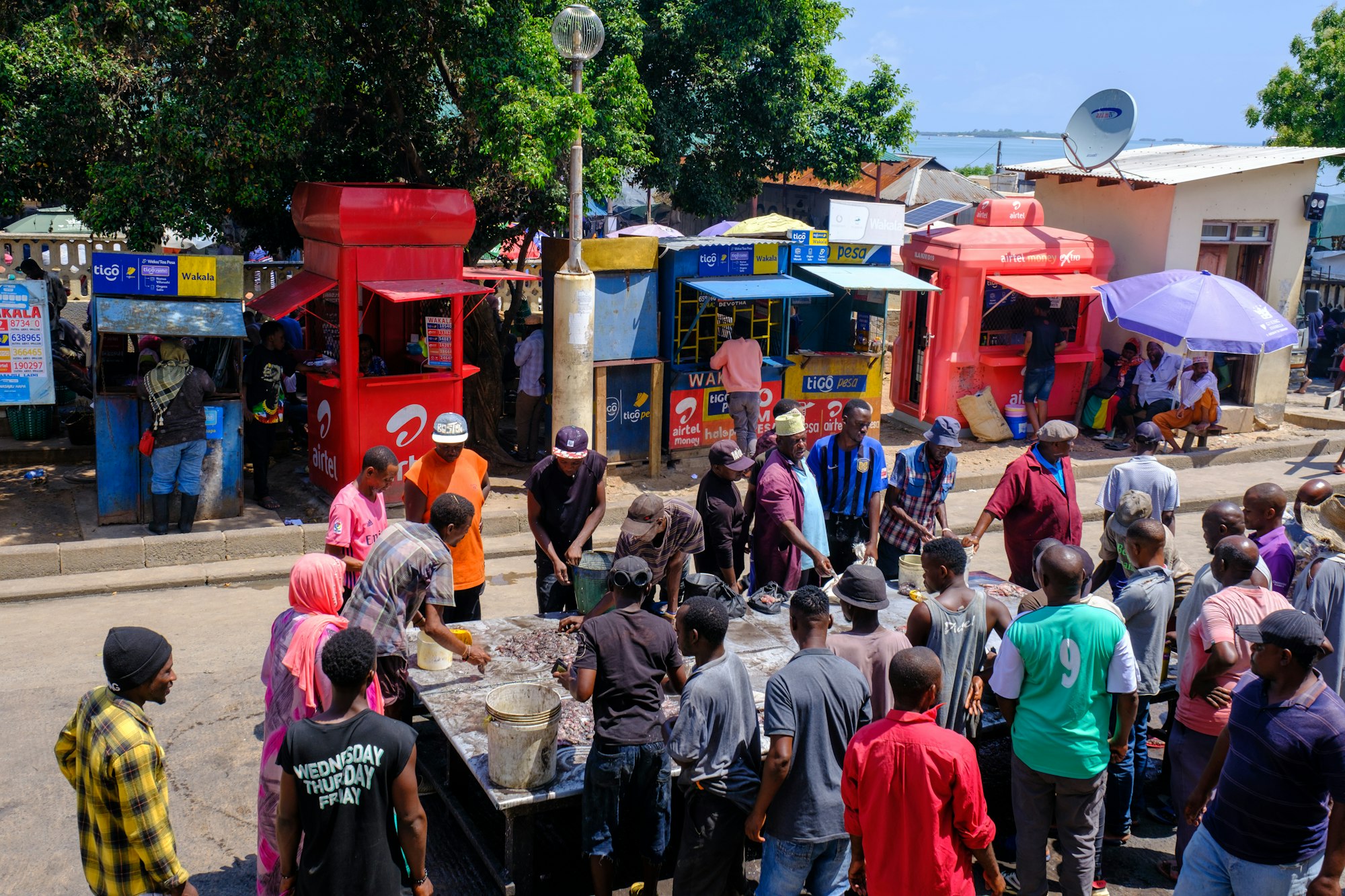MTN and Airtel strike rare infrastructure-sharing deal in Nigeria and Uganda
This deal could help both telco giants cut costs in these regions.
MTN Group and Airtel Africa may be fierce rivals in Africa’s telecom space, but it seems they’re quickly learning that sometimes sharing is smarter than scaling alone.
Both operators just signed a network-sharing agreement in Nigeria and Uganda, allowing them to pool infrastructure—towers, base stations, and fibre—instead of building everything from scratch. It’s a rare kind of partnership, but one that makes sense when you look at what they’ve been dealing with.
Nigeria, for one, is their biggest market, accounting for 40% of MTN’s revenue and 34.4% of Airtel’s. But that hasn’t translated to profit lately. MTN Nigeria posted a ₦400 billion ($250 million) post-tax loss last year, and Airtel Nigeria's revenue fell 40.3% over nine months—despite both adding new subscribers.
The problem? The Nigeria naira. Its freefall has made it painfully expensive to import equipment and expand infrastructure. Both telcos also shifted priorities in 2024, choosing to repay $1.2 billion in foreign loans rather than spend big on networks. As a result, MTN’s network investments dropped by 1.3% year-on-year, and Airtel’s by 7.8%.
Then came the regulatory nudge. In January, Nigeria’s telecom regulator approved a 50% tariff hike—but only on the condition that operators improve infrastructure within three months. With that deadline ticking down, teaming up may have suddenly looked a lot more efficient.

Meanwhile, the choice to partner in Uganda also makes sense. Both operators dominate the market with MTN Uganda claiming 54% market share and Airtel 33%, per Statista data. But even though they haven't been losing money in Uganda as the case in Nigeria, the country still has large rural zones where network rollout has been slow and costly.
By sharing infrastructure, MTN Group and Airtel Africa hope to not only cut costs but also improve service in areas that have long been left behind in both Nigeria and Uganda. For customers, this could mean fewer dropped calls, faster internet, and more reliable service.
We've seen similar deals happen in the UK and Spain where Orange and Vodafone teamed up to share infrastructure. But this is a first for Africa. MTN and Airtel also plan to bring this collaboration to Congo-Brazzaville, Rwanda, and Zambia in the future.









